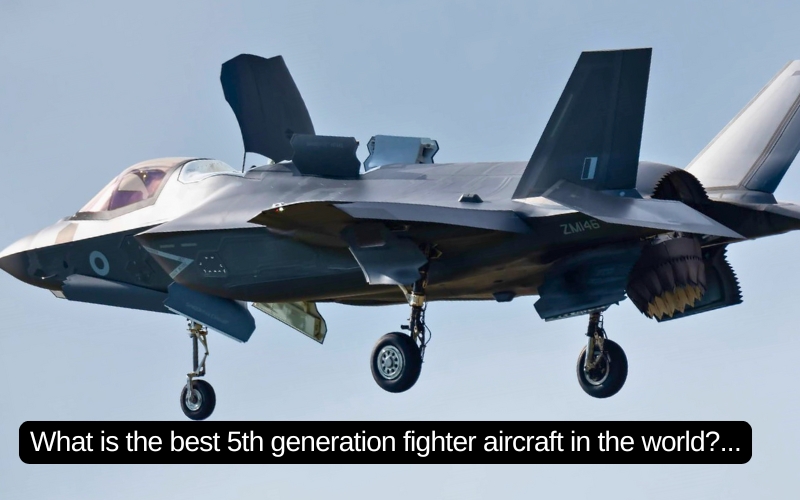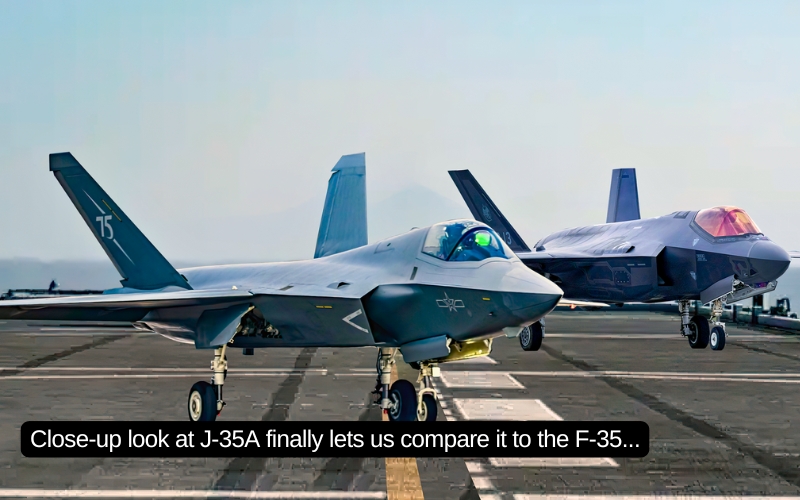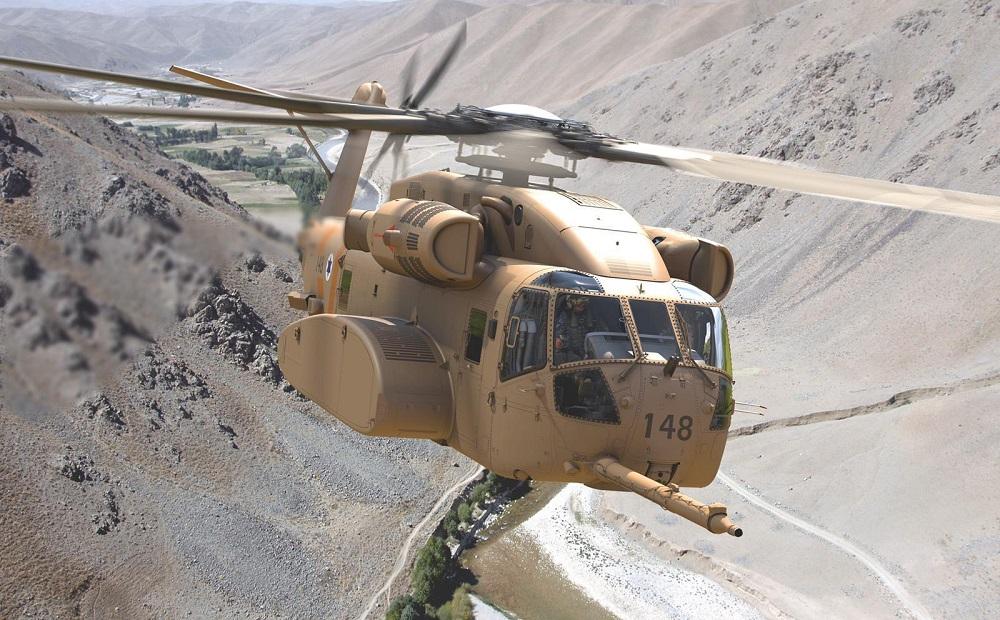
The Israeli Air Force (IAF) has taken a significant step towards modernizing its fleet with the integration of Israeli-developed systems into the Sikorsky CH-53K King Stallion heavy-lift cargo helicopters. This initiative marks a pivotal advancement in Israel’s defense capabilities, solidifying its position as a prominent player in military aviation innovation. The CH-53K King Stallion, an evolutionary leap forward from the enduring CH-53 series of helicopters that have been in service since 1966, is set to be equipped with a range of special Israeli systems. While the details of these systems remain classified, the negotiations have highlighted two key elements: a proprietary Israeli-developed electronic warfare (EW) system and a groundbreaking pilot helmet, envisioned to be crafted by Elbit Systems, a renowned provider of cutting-edge aviation technology.

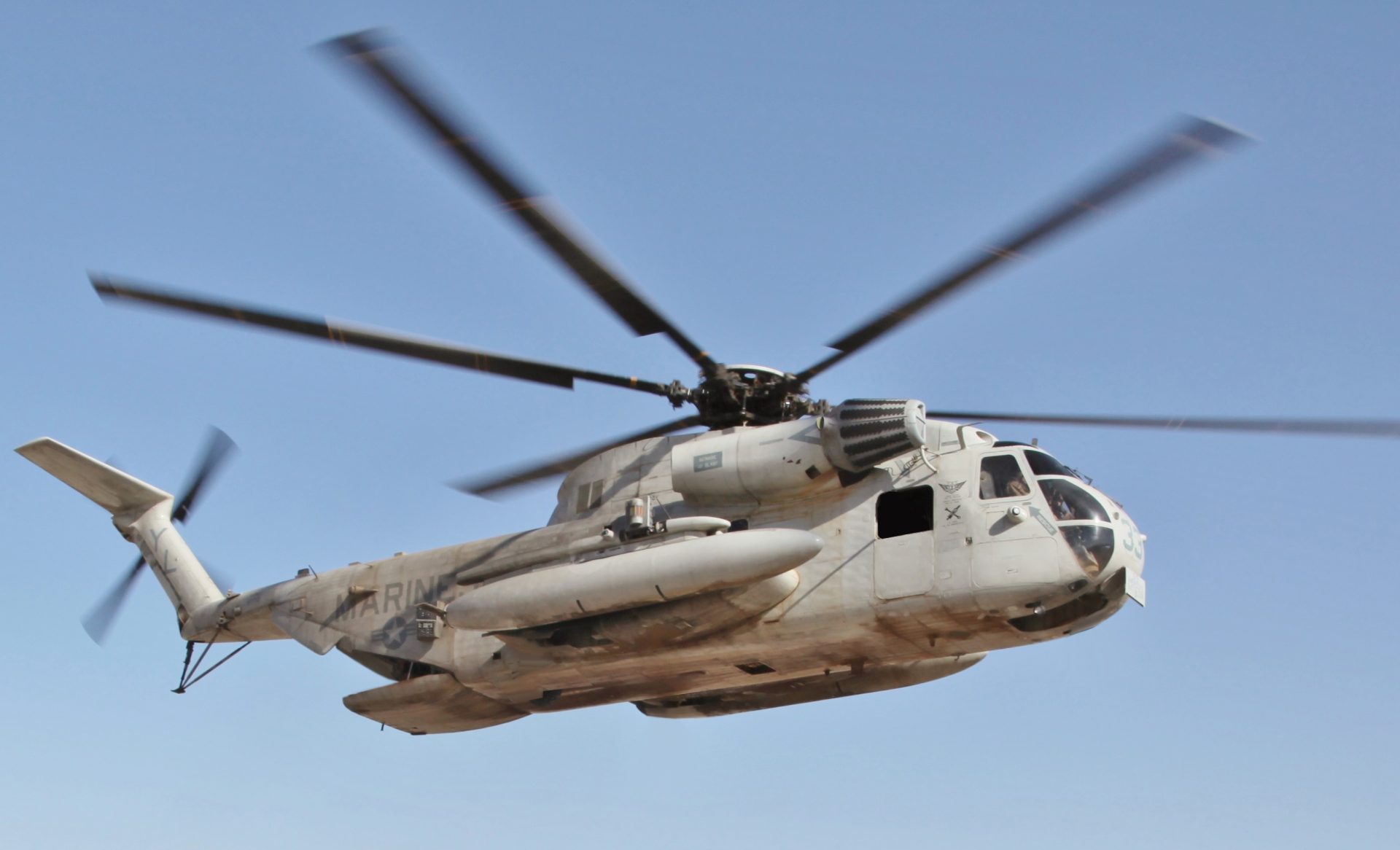
The foundation of this transformative endeavor lies in a procurement agreement signed by the Israeli government for the acquisition of 12 CH-53K helicopters from Sikorsky, a subsidiary of Lockheed Martin. The contract also incorporates an option for an additional six helicopters, reflecting the nation’s commitment to enhancing its airborne capabilities. The collaboration extends beyond mere acquisition, as discussions are already underway to streamline the integration of these advanced Israeli systems directly into the production line. While some installations will take place in Israel post-delivery, the aim is to collaborate with Sikorsky in modifying the helicopters to accommodate the Israeli-developed systems during their assembly process.
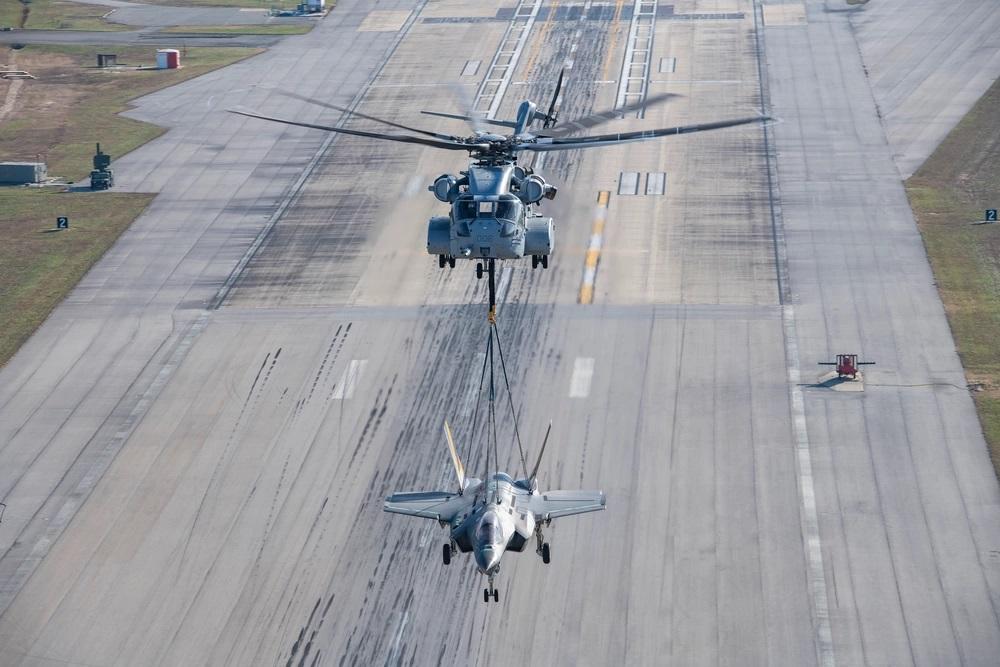
Projected to make their debut in the IAF’s arsenal in 2026, these enhanced CH-53K King Stallion helicopters will bring forth a significant paradigm shift in Israel’s heavy-lift and cargo transport capabilities. The capacity to uplift nearly 30% more weight than its predecessor, coupled with its augmented radius of action, grants the CH-53K an unmatched operational edge. Beyond the immediate benefits to the Israeli Air Force, the choice of the CH-53K has garnered international interest. The United States Marine Corps, for instance, is set to procure 200 CH-53K helicopters, in a program totaling $25 billion. The successful integration of the CH-53K into Israel’s arsenal sets a precedent for potential export to other nations, including Japan and Germany.

Israel’s decision to upgrade its helicopter fleet through the CH-53K marks a strategic move to keep pace with evolving global security dynamics. By infusing indigenous technological prowess into a world-class platform, the nation ensures not only the safeguarding of its own borders but also sets an example for technological innovation and defense collaboration on the global stage. As Israel propels its aerial capabilities into a new era, the synergy between its technological ingenuity and the prowess of the CH-53K King Stallion helicopters promises to reshape the future of military aviation, solidifying the nation’s place at the forefront of innovation in the defense sector. As Israel propels its aerial capabilities into a new era, the synergy between its technological ingenuity and the prowess of the CH-53K King Stallion helicopters promises to reshape the future of military aviation, solidifying the nation’s place at the forefront of innovation in the defense sector.



